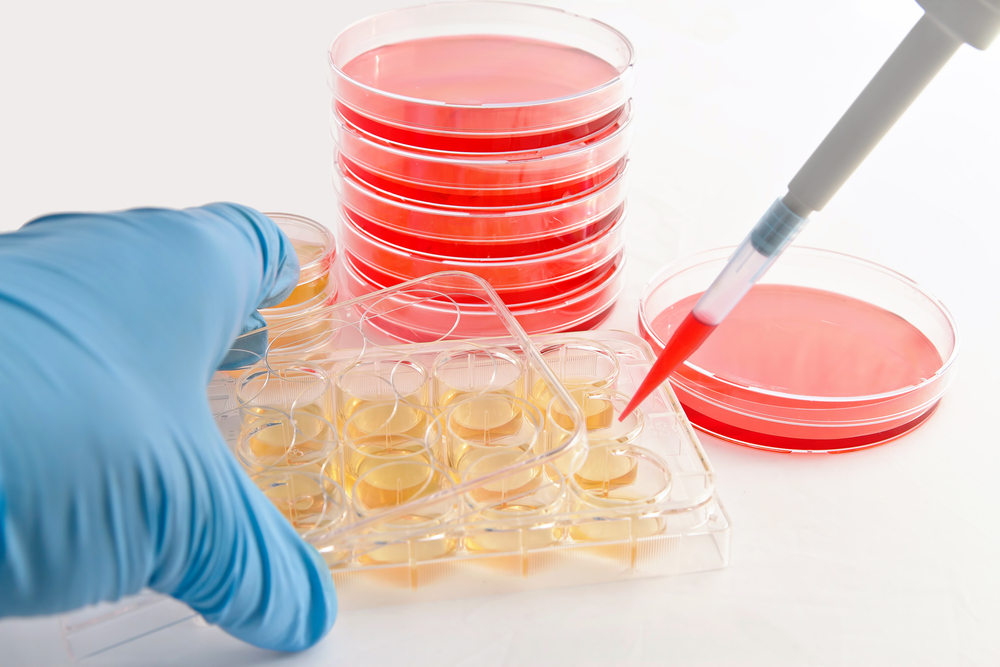Calls for Ukraine
Calls for Europe
Calls for USA

A team from the German Cancer Research Center (DKFZ), Heidelberg Stem Cell Institute HI-STEM and NCT Heidelberg has succeeded for the first time in growing stable tumor organoids directly from blood samples of breast cancer patients. Using these mini-tumors, the researchers were able to decode the molecular signaling pathway that ensures the survival of cancer cells and their resistance to therapy. With this knowledge, the team was able to develop an approach to specifically kill these tumor cells in the laboratory.
The results of the study are published in the journal Nature Cancer.
Metastases are dangerous tumor growths that spread to vital organs such as the liver, lungs or brain and are usually difficult to treat. Although the prognosis for breast cancer patients has improved significantly in recent decades, metastatic breast cancer is still a serious problem because metastases often respond only temporarily to treatment.
Breast cancer metastases form because cancer cells break away from the primary tumor and migrate to other organs through the bloodstream. These circulating tumor cells (CTCs) are extremely rare and hide among billions of blood cells. Andreas Trumpp, head of research at the DKFZ and director of HI-STEM, demonstrated several years ago that only a few of the circulating tumor cells are able to form new metastases in another organ.
These therapy-resistant “germ” cells of metastasis are very rarely detected, are difficult to isolate and, until now, could not be multiplied in the laboratory.
This makes it difficult to develop targeted therapies that directly attack the cells that initiate metastasis. However, if we understand how these cells survive initial therapy and the reasons for their resistance, it may be possible to stop breast cancer metastases at the root and perhaps one day even prevent them from occurring.
Trumpp’s team succeeded for the first time in multiplying circulating tumor cells from blood samples of breast cancer patients and growing them as stable tumor organoids in a culture medium. Until now, this has always required a workaround, namely the difficult and time-consuming propagation of CTCs in immunodeficient mice. To understand how tumor cells become resistant to therapy, researchers need tumor material obtained at different time points in the course of the disease. Unlike surgically removing tissue samples (biopsies), blood samples are relatively simple to take, and can be done multiple times.
Three-dimensional and patient-specific mini-tumors can be grown from blood samples several times during the course of the disease, and are just as suitable for studying the molecular mechanisms that allow tumors to survive despite therapy. In addition, preclinical efficacy testing of already available anticancer drugs can be performed rapidly and on a large scale on organoids in a culture medium.
The ability to culture CTCs from the blood of breast cancer patients as tumor organoids in the laboratory at different time points is a revolutionary breakthrough. It greatly facilitates the study of how tumor cells become resistant to therapy. Based on this, it is possible to develop new therapies that target drug-resistant tumor cells.
Another possible approach is to adapt existing therapies in such a way as to reduce or even prevent the development of resistance and metastasis from the outset. Since organoids are specific to each patient, this method is suitable for identifying or developing individualized therapies that are optimally suited for the respective diseases.
Please rate the work of MedTour
